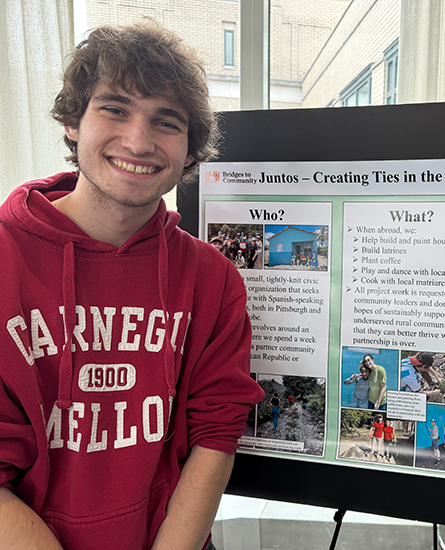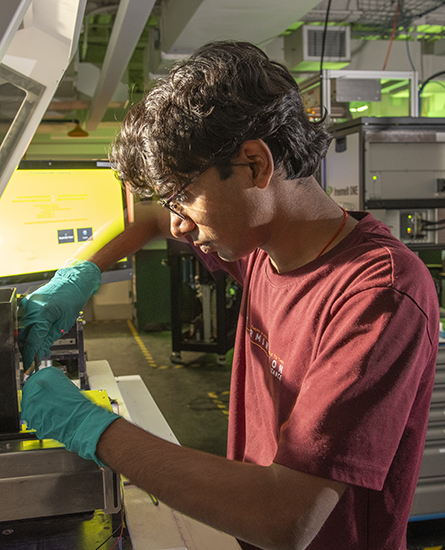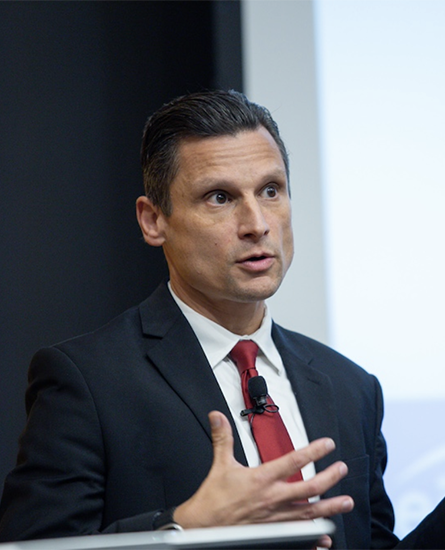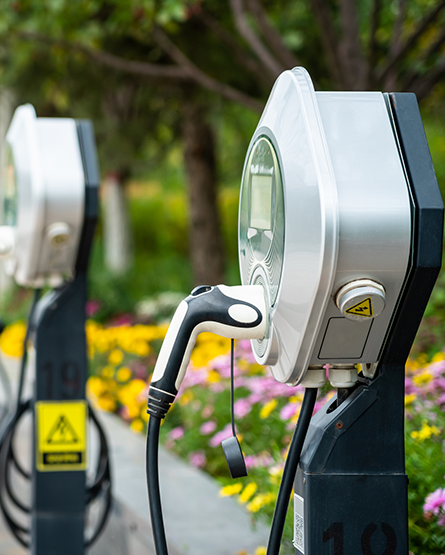Media mentions
University of Massachusetts Amherst
Nock receives alumni award
Opens in new windowCEE/EPP’s Destenie Nock received an Outstanding Alumni Award from the University of Massachusetts Amherst, her alma mater, in recognition of her career in academia and as a startup founder.
Sustainable Pittsburgh
Karplus featured on clean energy career panel
Opens in new windowEPP’s Valerie Karplus was a panelist at Sustainable Pittsburgh’s Clean Energy Workforce Roundtable, which explored career maps and technology in workforce development, building a workforce vitality index, and marketing career pathways in the clean energy space.
Marketplace
Sioshansi quoted on Energy Star program
Opens in new windowEPP’s Ramteen Sioshansi was quoted in Marketplace about how discontinuing Energy Star, an energy efficiency program, could increase electricity demand.
Marketplace
Sioshansi quoted on gas turbine delays
Opens in new windowEPP’s Ramteen Sioshansi was quoted in Marketplace about how increased demand for natural gas turbines due to new data centers is creating supply chain delays.
















